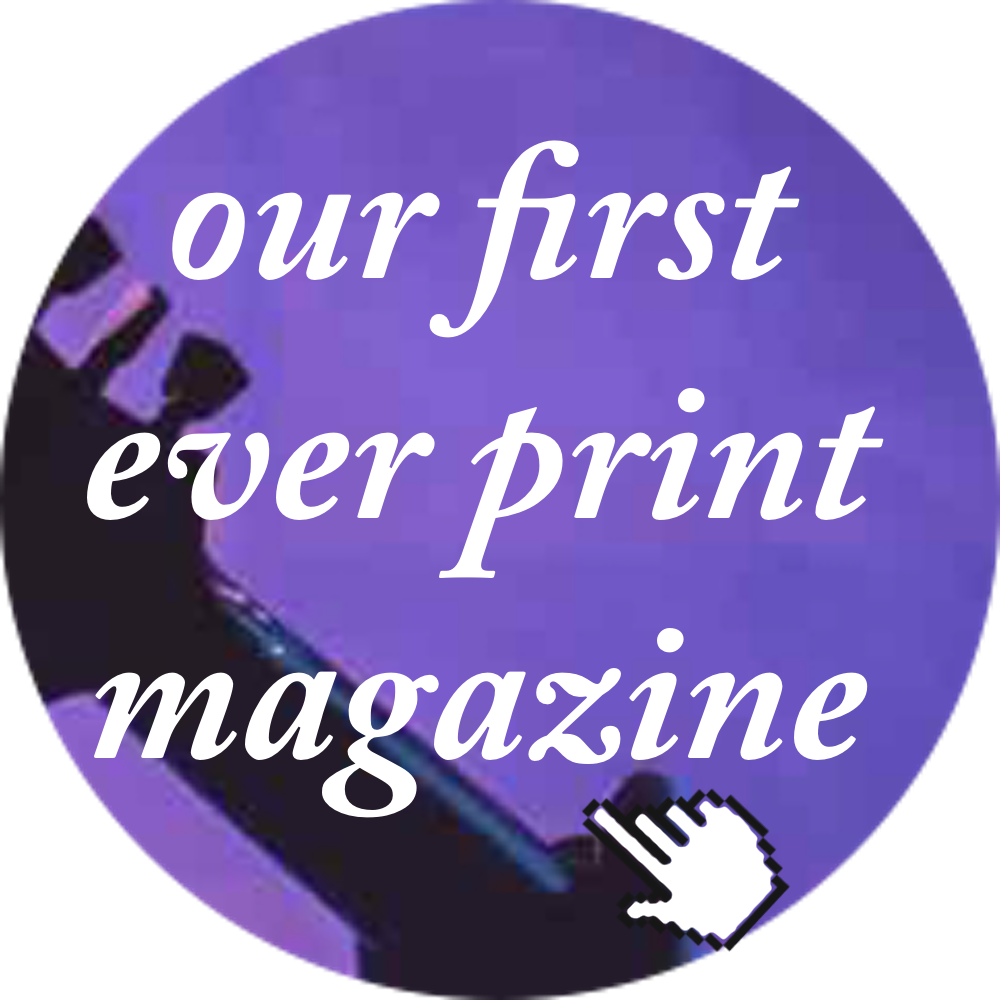More about: stormzyOasisThe Smiths
Love it or hate it, if there was one thing the NME – which announced it was ceasing its print publication this week - was always capable of doing, that was stoking up some heated debate. From glam rock to Britpop, Vera Lynn to Stormzy, we take a look at some of the newspaper’s spiciest controversies…. Stand well back!
PUBLISHES FIRST EVER SINGLES CHART (NOVEMBER 1952)
London music promoter Maurice Kinn buys the Accordion Times and Musical Express for the sum of £1,000 some 15 minutes before it was due to be closed. It was relaunched on 14 November 1952 as the New Musical Express and accordion players everywhere declare that it wasn’t as good as it used to be. The first issue contained the first singles chart, compiled by ringing 20 shops across the country. Vera Lynn, Max Bygraves and Frankie Laine all make it in, but the top spot it held by Al Martino’s ‘Here In My Heart’.
You might also like...
HIRES THE BEATLES AS CLIFF RICHARD’S SUPPORT ACT (APRIL1963)
At the first in a string of highly successful Poll Winners All-Stars Concerts held at the Empire Pool – that’ll be Wembley Arena to you and me – the NME gives a slot to hotly tipped newcomers The Beatles, but decides that the more established Cliff Richard & The Shadows are more worthy headliners. They perform four songs – ‘Please Please Me’, ‘From Me To You’, ‘Twist And Shout’ and ‘Long Tall Sally’ – and according to many media commentators at the time, steal the show. By 1964’s party (see video), they’ve assumed the top slot, and they also headline in 1965 and 1966, the latter being their last ever proper UK live show.
GIVES GLAM THE GREEN LIGHT (FEBRUARY 1972)
T-Rex’s Marc Bolan graces the cover of the first issue of the NME's transformation into “a more contemporary rock weekly” on February 5 1972, setting a pattern that would see its sales regularly top the quarter of a million mark throughout the 1970s.
FIXES THE READERS’ POLL TO OUST PHIL COLLINS (DECEMBER 1976)
So appalled that the NME’s readers have voted Phil Collins’ jazz-fusion band Brand X as their brightest hope for 1977 in the end of year poll, the paper’s editor Neil Spencer changes the results so that punk upstarts The Sex Pistols take their place. Democracy’s loss turns out to be rock music’s gain.
STICKS TWO FINGERS UP TO FOOTBALL RACISM (MAY 1979)
At a time when racist chanting and even throwing bananas at black players was rife in football, the NME championed Cyrille Regis, only the third ever black player to represent England at international level, by featuring him on the front cover of their issue of May 12 1979.
CAUSES THE SMITHS TO SPLIT (JULY 1987)
A misguided article claiming The Smiths had split in the NME actually ended up breaking up the band. Guitarist Johnny Marr, who had decided to take a break from the group the month before due to exhaustion, mistakenly thought Morrissey had planted the story and so announced his departure. Their about-to-be-released album ‘Strangeways Here We Come’ became their swansong and the pair have rarely spoken since.
CALLS OUT MORRISSEY FOR FLYING THE FLAG – (MAY 1992)
After Moz’s slot supporting Madness in Finsbury Park (see below), at which he came on stage carrying a British flag and used a picture of skinheads as his backdrop, the paper runs a large editorial expressing its concern over his flirtation with supposedly far right imagery. A long stand-off, when the NME refused to cover the Smiths singer until he explained his actions, lasted over a decade.
ORGANISES THE HEAVYWEIGHT BRITPOP BATTLE OF BLUR VS OASIS (AUGUST 1995)
NME’s editor of the time Steve Sutherland persuades his football team mate Damon Albarn to shift the release of Blur’s ‘Country House’ single one week to co-incide with Oasis’ ‘Roll With It’, announcing the battle of the bands as the British Heavyweight Championship. The stunt catapulted Britpop onto the national news and into the tabloids, but Blur’s eventual victory was subsequently overshadowed by the far greater long-term popularity of Oasis.
TAKES ON THE NEW LABOUR GOVERNMENT (MARCH 1998)
Having used Britpop stars like Oasis and Creation Records boss Alan McGee to help cement its popularity with younger voters on winning power the year before, the NME was the first to criticise Tony Blair and New Labour policies on student fees and unemployment benefit, enlisting a host of stars including Jarvis Cocker, under the banner "Rock and Roll takes on the Government".
NME GOES TO WAR WITH STORMZY (MARCH 2017)
The paper decides to put Stormzy on its cover without his prior permission, using quotes from an interview with Channel 4 News to flag up a story about depression and mental health. The rapper responds by calling the newpaper “fucking pussyholes” and says he’s not happy about being used as a “poster boy” for the issue. The NME had, he claimed, been begging him to appear on its cover but he’d refused. NME’s editor Mike Williams defended the decision, saying: “We used your image as we felt it would resonate most with our readers, and I can only apologise again that you didn’t know… We’re a free magazine and were not trying to shift copies, just talk about something important.”
More about: stormzyOasisThe Smiths




